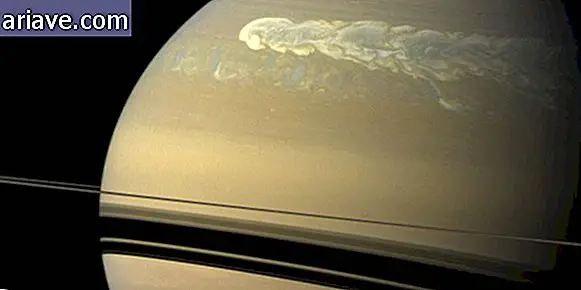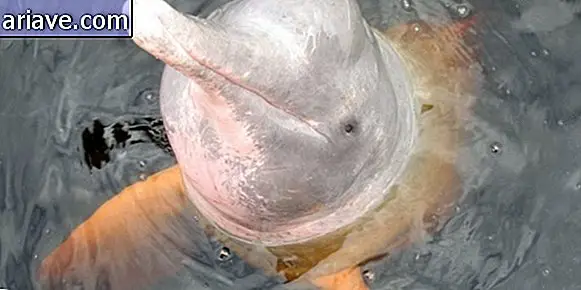Space travel can thin your skin - and that's not a good thing
That spending a lot of time in space is not so good for health, many people already know. So much so that one of the main focuses of space agencies is the well-being and accompaniment of astronauts returning from space travel - and they can take years; just to get to Mars, it takes just over six months.
If you did not know, one of the problems caused by long time in space is a "thinning" of the skin. It is not yet known whether the action affects the aging process or causes any mutation. However, according to new research done in Germany by Professor Karsten König of the University of Saarland, this is about to change.
König's team is using high-resolution CT images to look inside astronaut cells before and after they leave Earth. According to the developers of laser technology, spatial resolution is a thousand times more defined than ultrasonic devices. Saarland's professor also says the research has the potential to revolutionize diagnostics in hospitals.
"We use femtosecond laser pulses (light beam often near infrared). We scan the skin and pick up signals from it - particularly phosphorescent, as well as other signals called second harmonic generation. So we can mount high resolution images, " explains König. Applications of this method also include diagnostics for cancer and determine the effects of aging.
The study
About the research, the professor comments that two agencies started: NASA and ESA. "Is it possible to take a look at astronauts' skin?... Many of them complain of skin problems after some time in space, " the institutions said.
So far, König has analyzed three professionals: Italians Luca Parmitano and Samantha Cristoforetti and German Alexander Gerst.
About the results, the professor says "are very interesting. It seems that there is a high production of collagen. That means there is some anti-aging effect - at least on the dermis."
On the other hand, the epidermis shrinks and becomes thinner. So far, there is no explanation for this. The idea is to better understand this process to find out how to better protect astronauts. If you think the "thinning" of the skin is slight, it may decrease by up to 20%, according to the survey. König explained that "this happened with only six months in space. The question is, what will happen when they go to Mars and stay a year or two off Earth?"
Via TecMundo.











